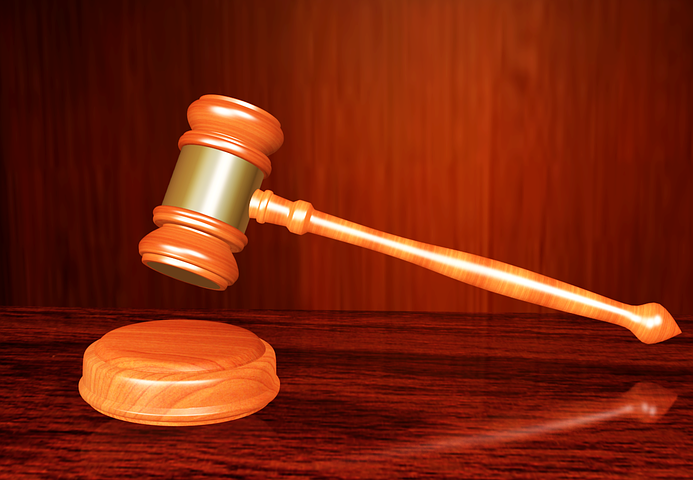When you are caught with drugs in Australia, there is a possibility you could be charged with a crime. If this happens, there are some steps you can take to fight the charges.
Penalties for drug possession offences
Drug possession offences in Australia range from simple to severe. In some cases, the penalties can be life imprisonment.
The penalties for drug possession vary depending on the number of drugs and the offender’s role in the offence. There are also several legislative instruments governing the penalties for drug offences.
Generally, the more drugs that are involved the higher the penalty. Some jurisdictions have a pre-court diversion program. The court will impose a good behaviour bond if the offender pleads guilty.
The maximum penalty for possessing a controlled substance is two years in jail. This penalty is applied to people who possess cannabis, cocaine, heroin, and ecstasy.
In most cases, a person will receive a fine. It can be as low as $300 for possessing prohibited drugs such as cannabis and heroin. If the person is charged with an offence involving ecstasy, they can be sent to prison for up to a year.
Ongoing supply of drugs
The supply of drugs on an ongoing basis is considered to be a serious offence. It is because it involves the supply of an illegal drug other than cannabis for a reward—the penalties for this offence range from a fine to a long prison sentence.
To get the best possible outcome in your drug supply case, you should enlist the services of a good drug lawyer. These lawyers will work with you to find the proper defence for your case and negotiate with the prosecution to have the charges dropped or reduced.
The law governing supply in Australia is state-based. Different states have different drug penalties. Some are more severe than others, but the penalties are mainly dependent on the quantity of the drug.
The most serious drug supply offences are those committed by people with criminal records. It can lead to difficulties getting jobs, credit, and visas. There is a need for significant sentences to deter individuals from continuing to sell illicit drugs.
Consular officers will do their best to help you
If you are Australian and are arrested for drug possession overseas, the best way to proceed is to contact your local consulate. They will be able to provide you with assistance. They will also help you understand how your rights are protected in your country of residence.
The laws on drugs in Australia vary depending on the location, the class of the drug, and your personal history. For example, if you were caught with small amounts of a drug like cocaine, you would probably be given a warning. However, if you were caught with larger quantities of drugs, you might be prosecuted. If you were charged with possessing psychoactive substances such as ecstasy, you might be sentenced to up to one year in prison. Visit this website to learn more about laws related to drugs!
You will face a higher penalty if you have a criminal record for drugs or other crimes. If you are under 18, you will receive a formal warning or be referred to the Youth Diversion Scheme. If you are over 18, you will receive a caution. If you have been charged with a drug offence, you may be sent to a treatment centre or referred to the police Youth Diversion Scheme.
The Australian Government can’t override the laws of another country, so the consular officers at your nearest embassy will do their best to assist you in your fight against drug possession charges. They will also do their best to protect your privacy. They will ask you to give them your consent before they reveal your personal information. They will also consult the Consular Services Privacy Notice Statement before making any decisions about your personal information. Some services they provide will be subject to a fee.
Protect your luggage from theft and tampering
One of the best ways to protect your luggage from theft and tampering is to use a luggage lock. Most countries have laws requiring all airline-checked bags to be secured with a locking device. In the US, security officers usually have access to universal keys that can open and close these locks. The TSA website provides information on luggage locks and other luggage safety measures. If you are travelling to a foreign country, familiarise yourself with applicable laws and restrictions.
In addition to securing your bags, you should be careful not to leave valuables unattended. You may consider carrying a daypack if you are in a crowded venue. Another safe option is to keep your valuables in a hotel secure. To avoid tampering with your suitcase, close the lid of your bag before leaving it in the luggage bay.



































